“Nanny Hale” – 1887-1978
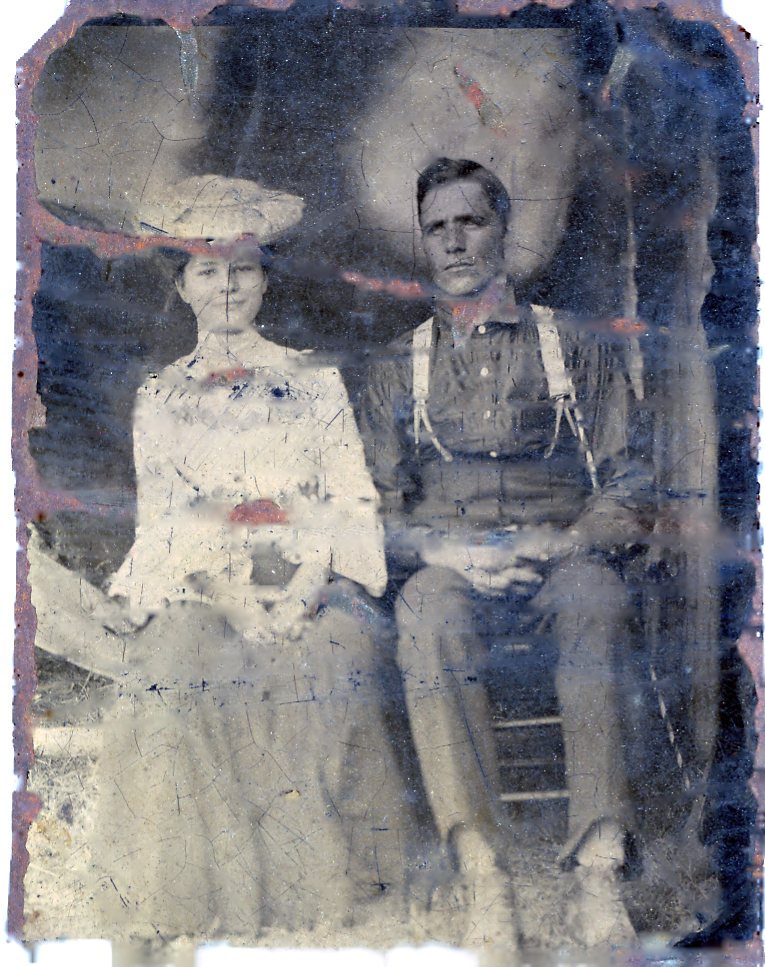
Effie Allen Rice Hale, my mother’s mother, was born in Eastern Kentucky in 1887. She married quite young and moved to West Virginia with her young husband, Henry Hale. By the time I knew her, she was in my eyes “old.” I remember her very well — knew her for a long time, since I was 47 years old when she died in 1978.
I have never known anyone of greater purity of character than Nanny Hale. She saw the world through innocent eyes despite bringing ten children into the world, nurturing them, working every hour of every day in a farmhouse with no running water, no indoor bathroom, and all the while maintaining a fierce pioneer spirit that was indomitable. She could do it all: milk the cows, take care of the chickens, go to the well for water, cook on a wood stove (she was a wonderful cook), wash with a washboard, make soap, can vegetables and meat against the winter season, see her children through sickness and health, and more. And she never complained; never thought that it should or could be any different.
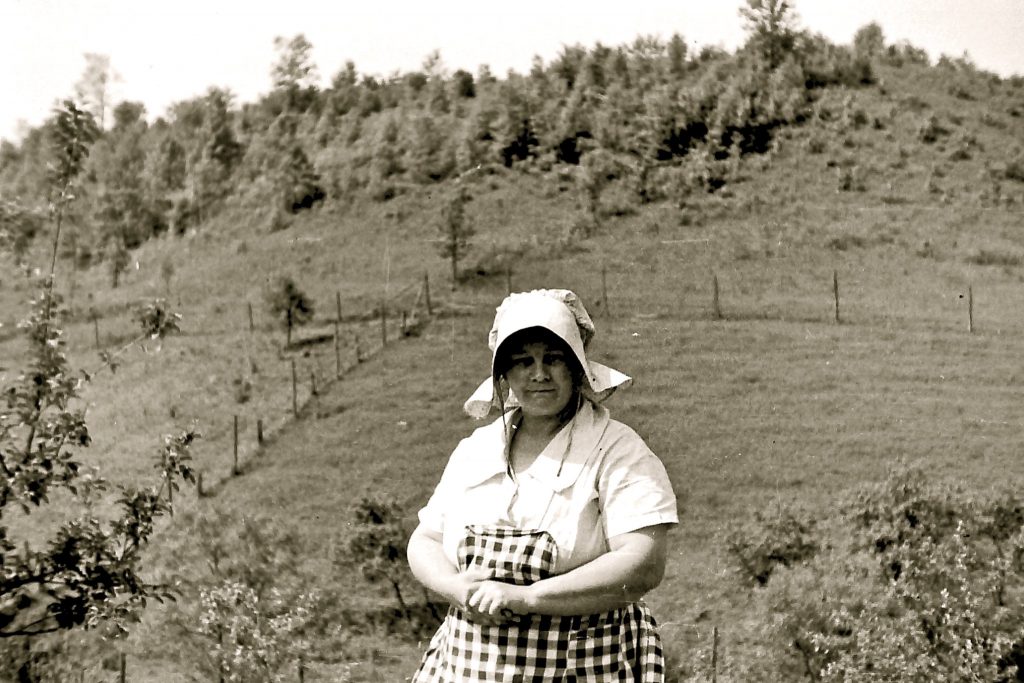
Nanny was the original “little Dutch cleanser.” That was the brand name of a soap powder during those early years, and the round box had a picture of a small woman in an apron and bonnet, chasing that which needed to be cleaned. Nanny DID wear a bonnet daily, and, of course, the APRON.
She was little — short in stature, that is, and Dutch. So the wrapper on the cleanser became Nanny to all of us. And cleanser she was, known by her children to take a broom to the back yard and sweep the weeds, grass and dirt to make a place for her next outdoor project such as “putting up” vegetables for winter.
Hardship knew no friends in those coalfield days. Twice, the Hale family home burned to the ground with little salvaged (two different homes). Of course, insurance was unheard of. If your home burned, you moved in with relatives and started over. Which the Hales did. And yet, with all that, Nanny had a sense of goodness and pride about her that even young kids like myself were taken by. Her bright blue eyes and Dutch determination were always there, and that her large family made their way through adulthood in successful ways properly reflects just who she was. Deeply religious, she was one of those who would come up with a biblical verse to every situation, no matter how grave or frivolous.
She loved her farm animals, and had names for all of them, even her special chickens. She would talk to them by name, and take joy in watching them — whether cow, horse, chicken, pig or hound. She was highly intelligent, and had a wonderful gift for organization — how else to make that farmhouse and family move through time with certain focus?
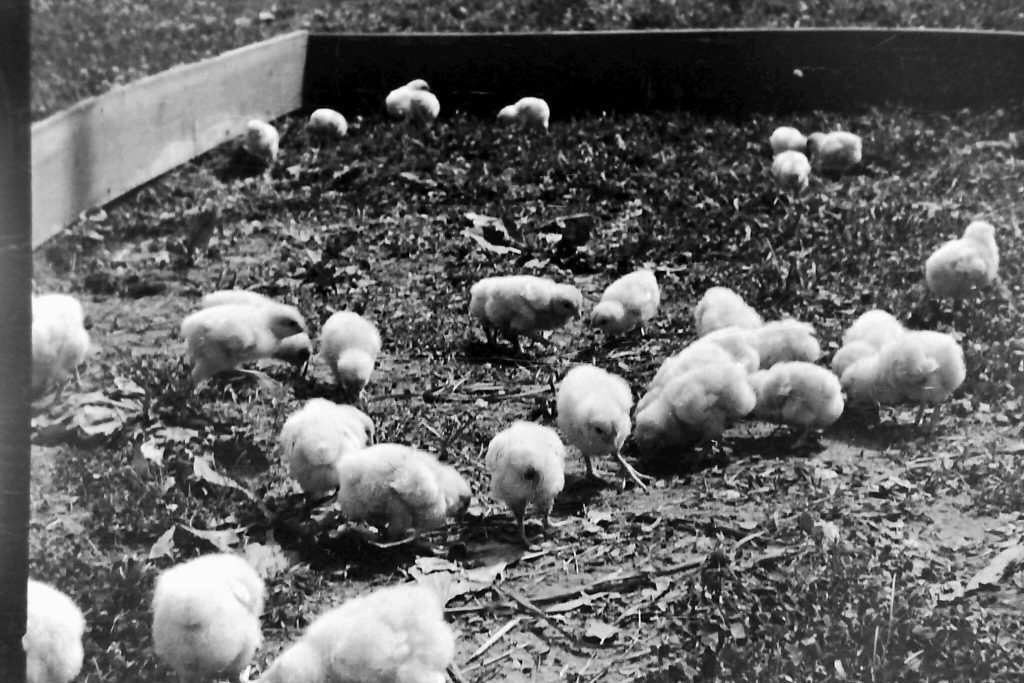
And all with good humor. She was not a jokester, but she had a ready laugh at crazy circumstances or silly things that kids do, and greeted each day, each child and grandchild, with a genuinely warm smile.
I’m sure that Nanny’s ability as a young woman to deal with life back then was partly due to her being one of twelve siblings herself. She already knew how a large family should operate — the dynamics of a household full of children, along with all else I have mentioned, came naturally.
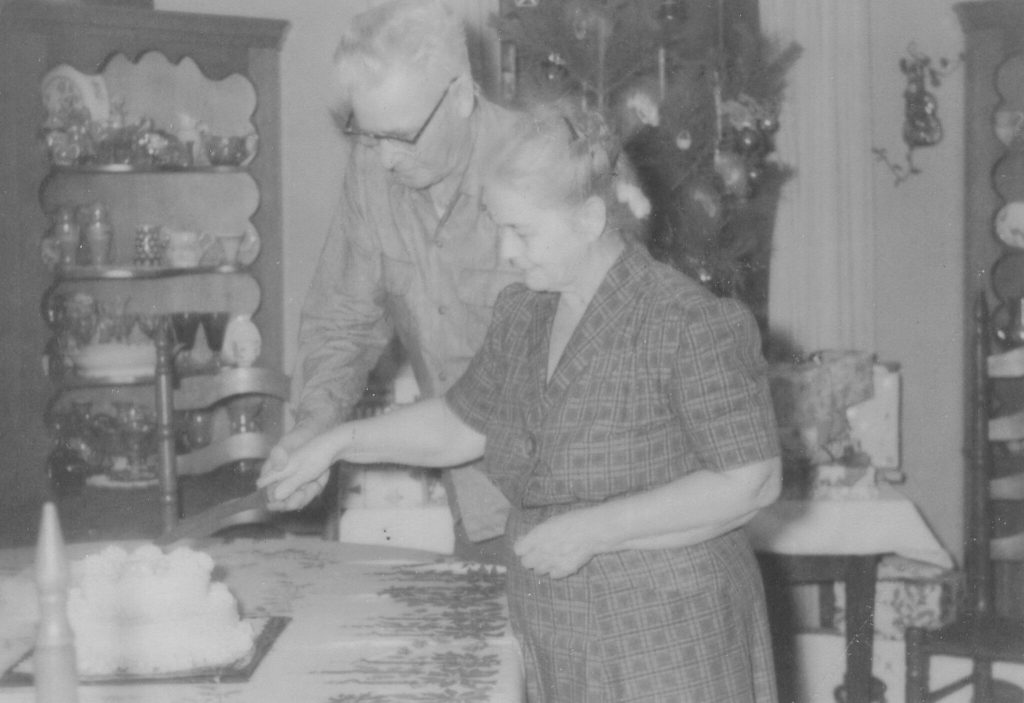
Her married life began at the turn of the 20th century. Forty-two years later, with the children grown and gone save for their youngest son Don, Nanny and Granddad moved from the farm place in Raleigh County to a small and tidy home purchased by her son Christy and daughter Edith. In their sixties, the hardships and remoteness of the farm were no longer a viable way to spend their twilight years.
Their new home was in South Charleston (WV), a short four miles from my home. I was eleven at the time. From that time on, it was much more than the twice-a-year visits that had marked my early time with them. It became a time of frequent visits, and later, after I was married, they came to know Carol and our children.
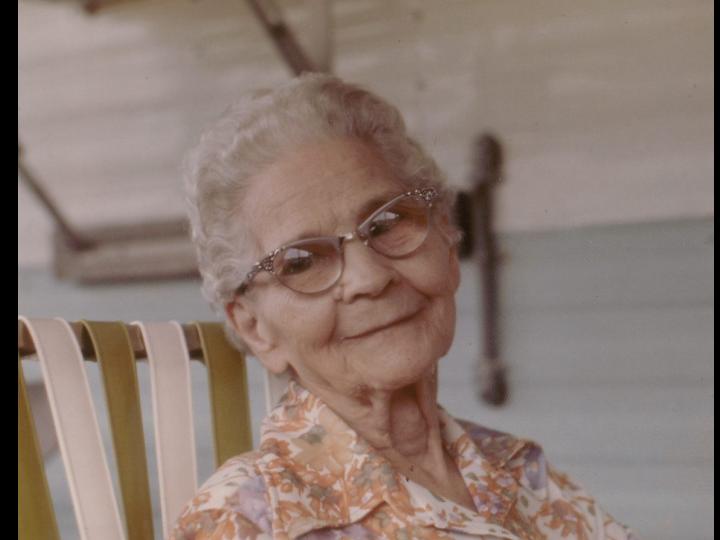
During her final years, she used a walker. Henry was no longer alive. Every day she would get her walker, go to the kitchen and have breakfast. Alone, she would get a sandwich and put it into an ‘apron’ she had fashioned to hangover the bar of her walker, and go to the living room for the day. At noon she would have her sandwich. Still organized. Nanny was just what I called her earlier: a pioneer woman of great mental strength and courage who never wavered from her personal principles or her faith. One in a million. And a joy to know.

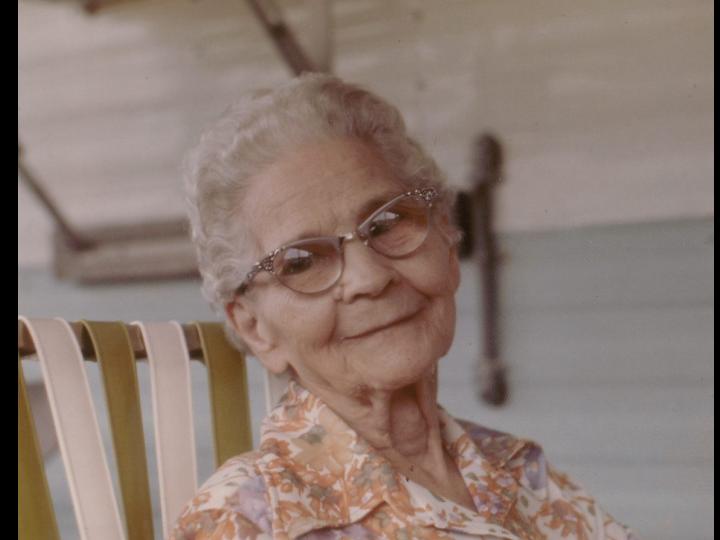
One thought on “Effie Allen Rice”